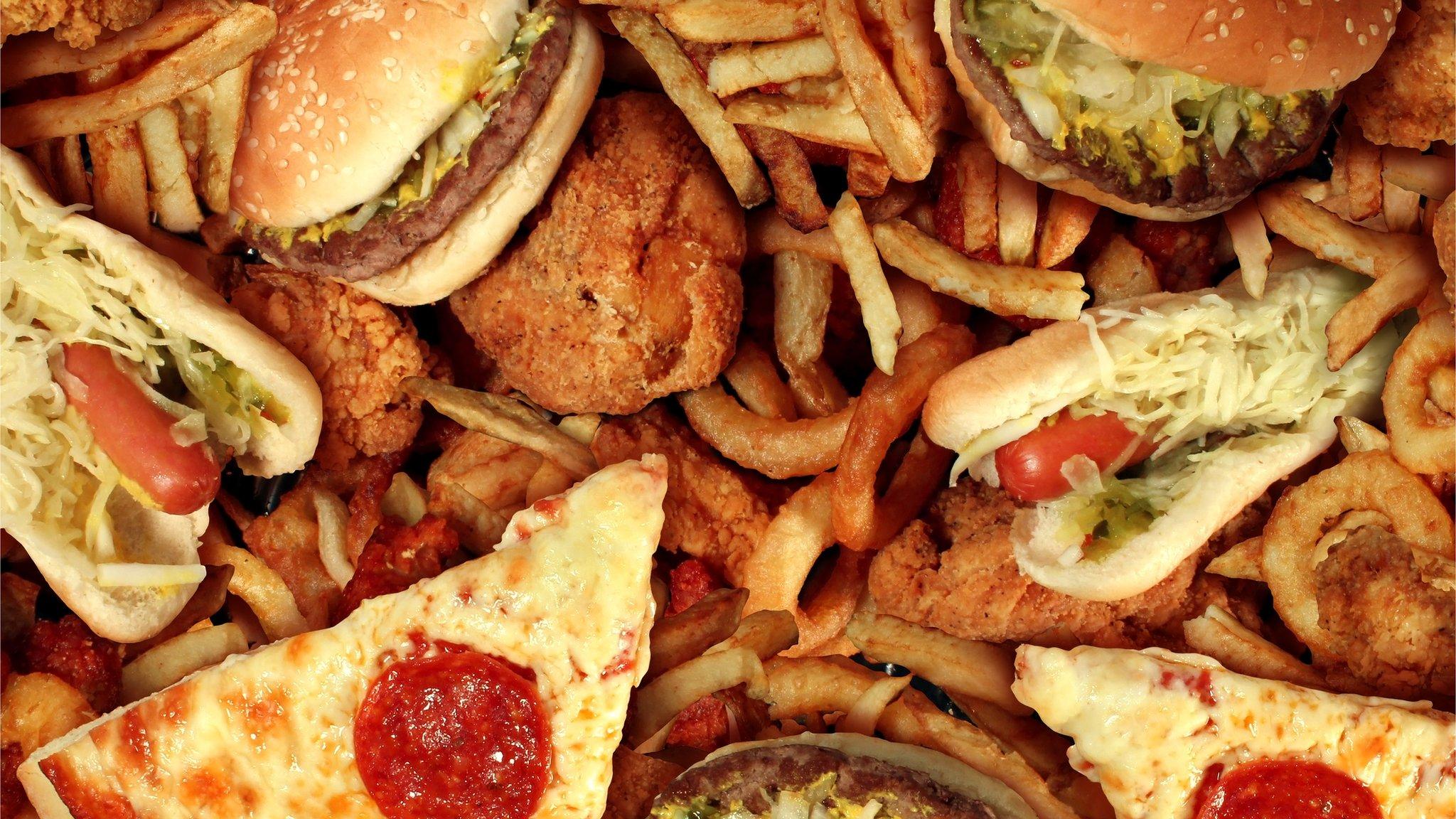Chief medical officer considers recommending tax on unhealthy food
- Published
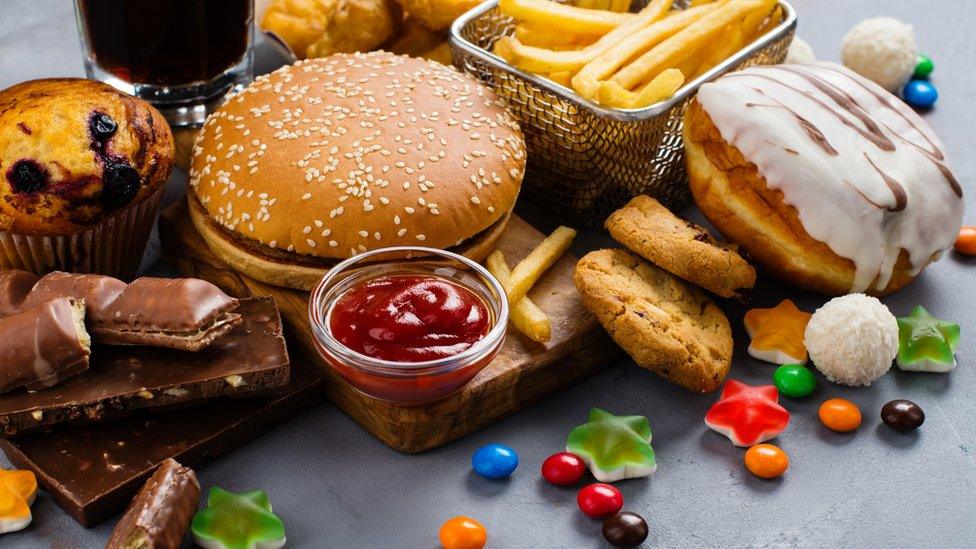
England's chief medical officer says she is considering recommending a tax on unhealthy food to persuade parents to buy more fresh fruit and vegetables.
Prof Dame Sally Davies has been asked to urgently review what more can be done to meet the government's target of halving childhood obesity by 2030.
Ideas include a tax on added sugar in baby food and on high-calorie food such as pizzas and cakes.
The food industry has always said taxes would not change consumer behaviour.
Dame Sally told BBC News she was going to be "as bold as I can be", while maintaining she was not "anti-fun".
Following research linking ultra-processed foods - such as chicken nuggets, ice cream and breakfast cereals - to poor health and early death, Dame Sally said they could be targeted in her review.
And based on the success of the tax on sugary drinks introduced in April 2018, she said fiscal measures could be used in other ways to help families live healthier lives.
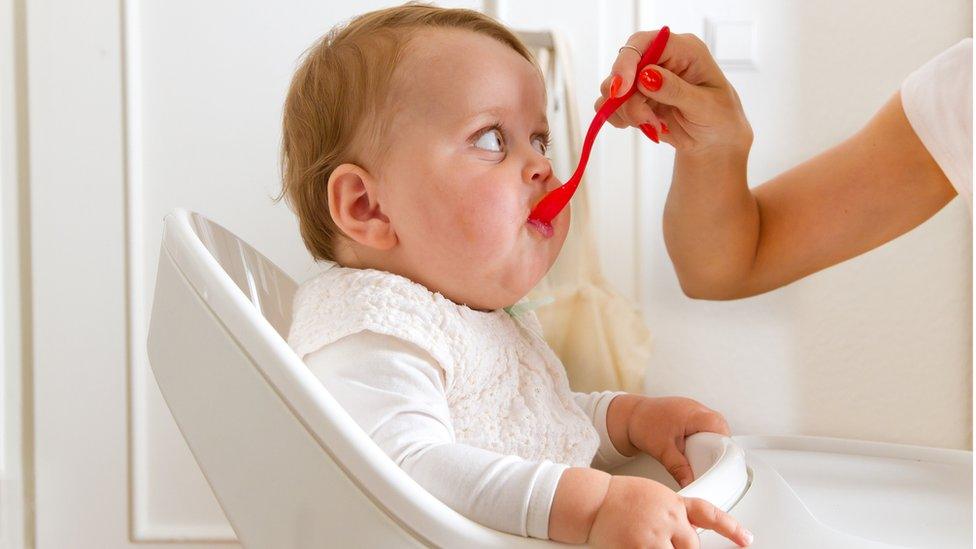
"I want parents to be incentivised to buy healthy food," she said. "We need to make sure that fresh fruit and vegetables are cheap.
"Maybe we have to subsidise them by charging more, by taxing unhealthy food.
"Parents are then nudged to buy the healthy version because it's cheaper."
But she said any plans still had to be worked out.
"I want the basket of food parents buy not to cost any more," she said.
The Health Secretary, Matt Hancock, has commissioned Dame Sally to produce a report by September, with a series of recommendations for the government.
She said experts on nutrition, science and public health and representatives from the food and drink industry would all be asked to contribute their ideas.
When asked why yet another strategy on cutting childhood obesity was required, she said she regretted the process "taking so long".
"I should have chivvied harder to get us there faster," she said.
Proven policies
But she said public consultations had to be done properly, and that took time.
"I, as an independent adviser, do wish we could do things faster," Dame Sally said.
Tim Rycroft, from the Food and Drink Federation, said "headline-chasing measures" must be resisted.
"We will only support evidence-based policy that is proven to be effective," he said.
He added that money should be put behind specific, targeted measures for people and areas most affected by obesity.
"Our members are already working on a range of interventions that have already been placed on the food industry.
"We need time for this to work and see what makes a difference, before anything additional is implemented."
- Published16 May 2019
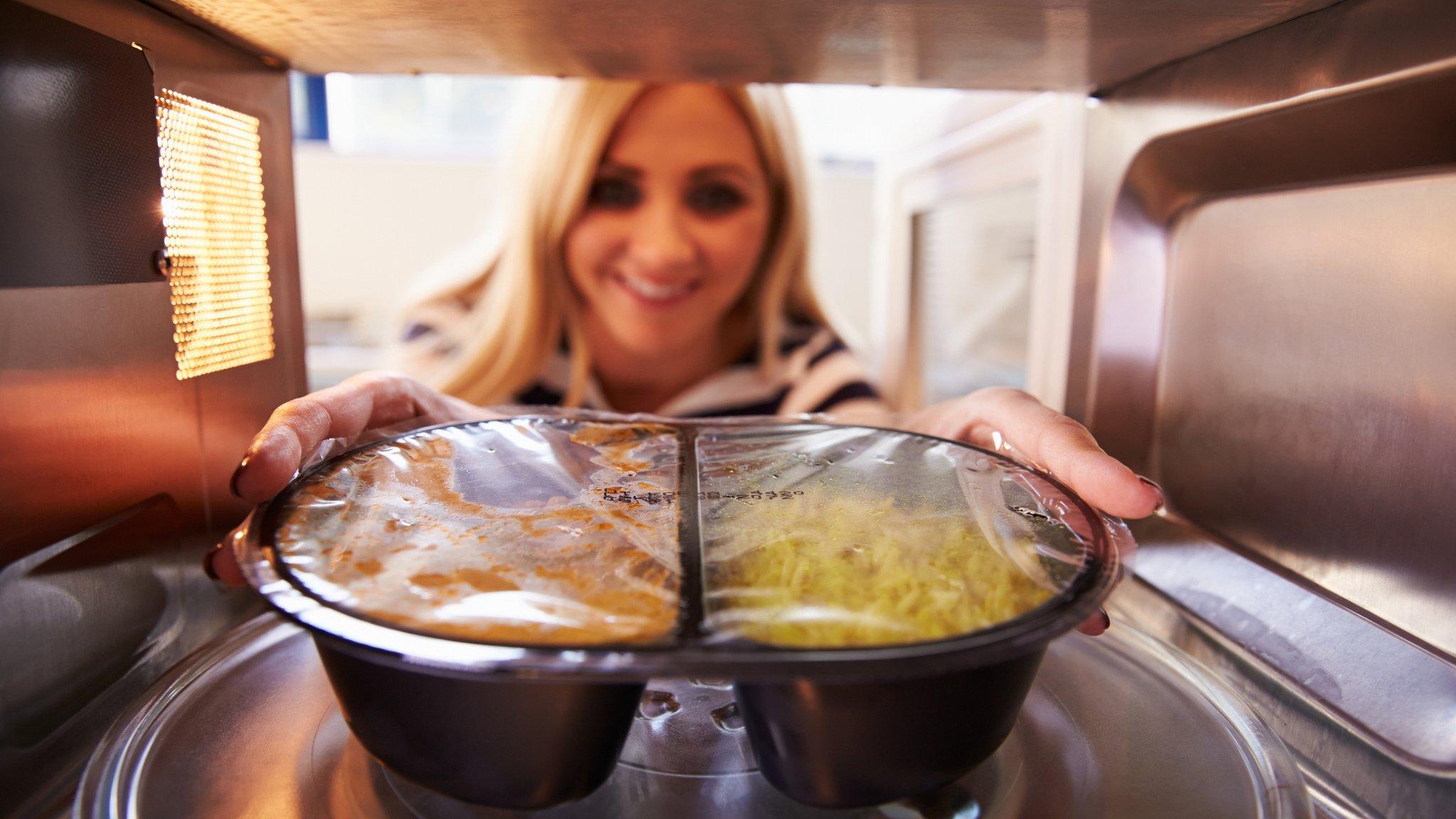
- Published15 February 2018

- Published20 November 2018
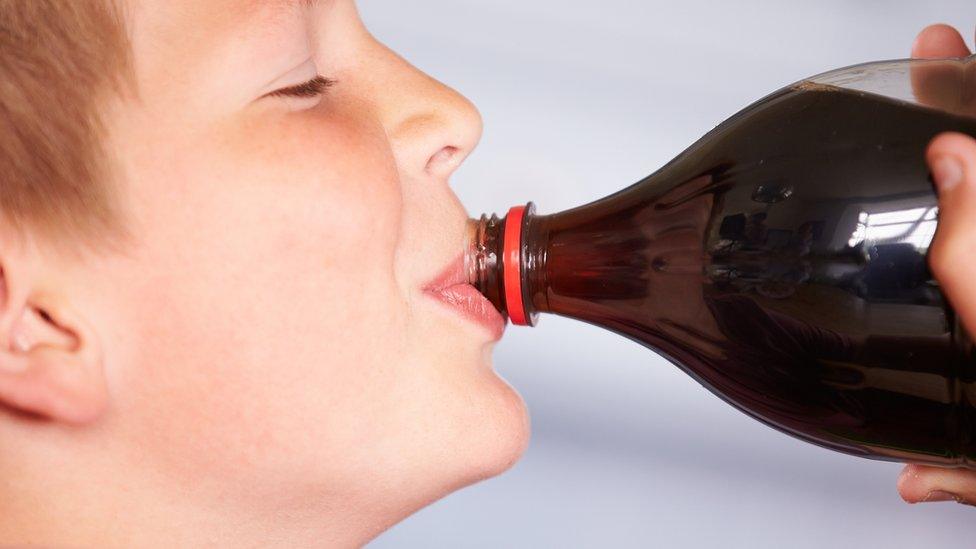
- Published6 April 2018
- Published18 August 2017
